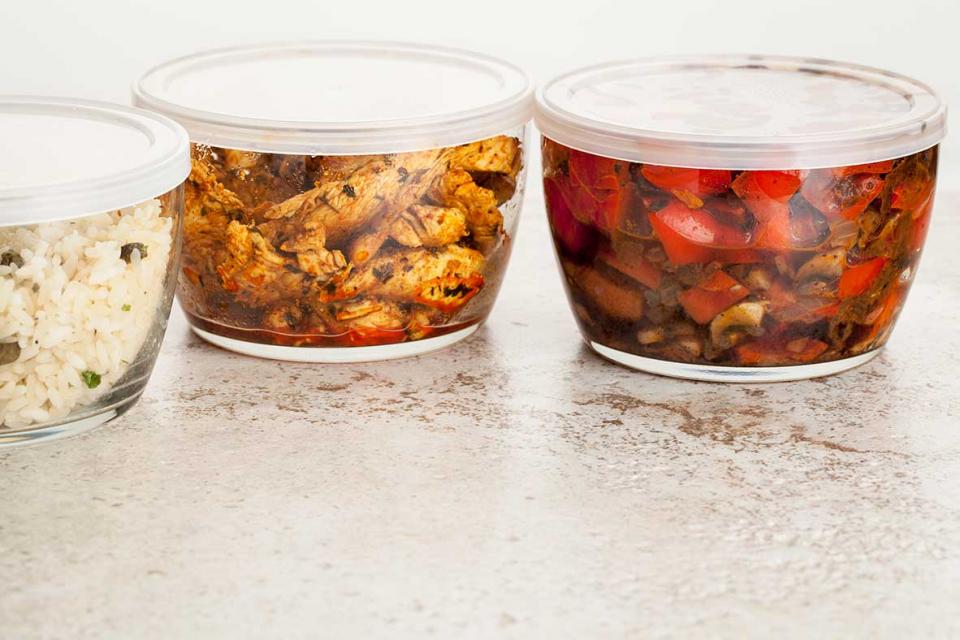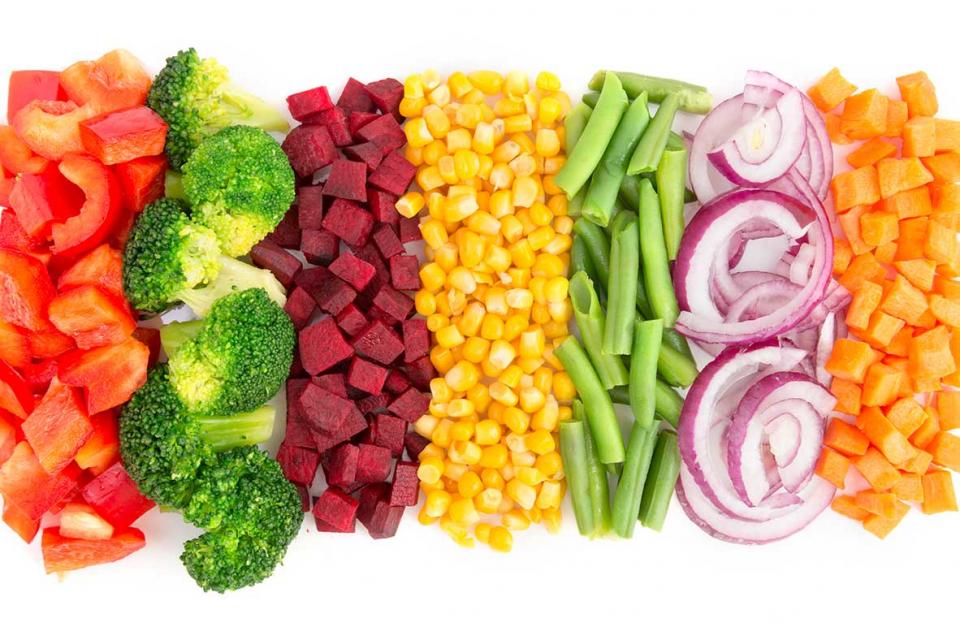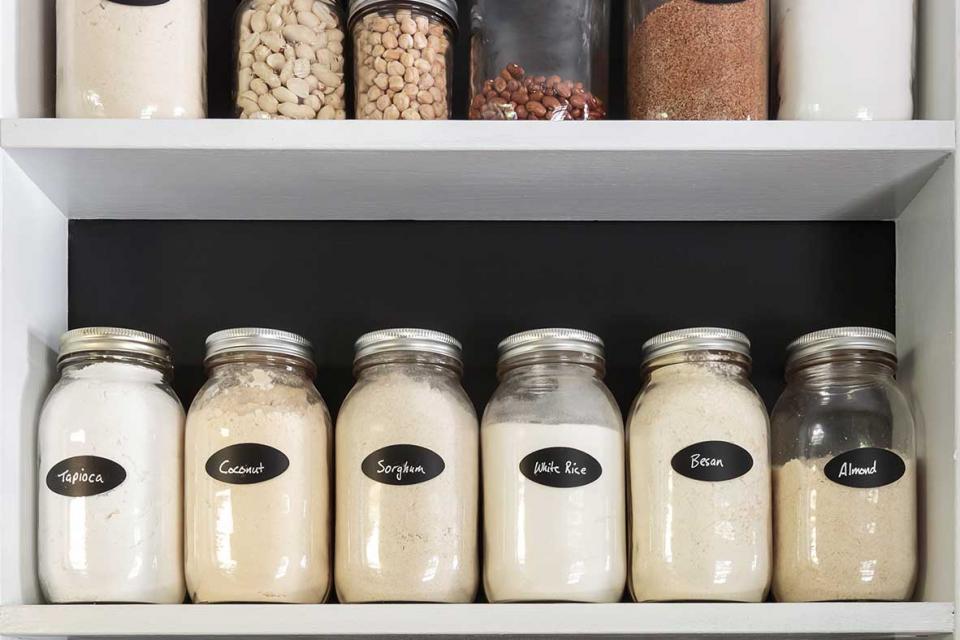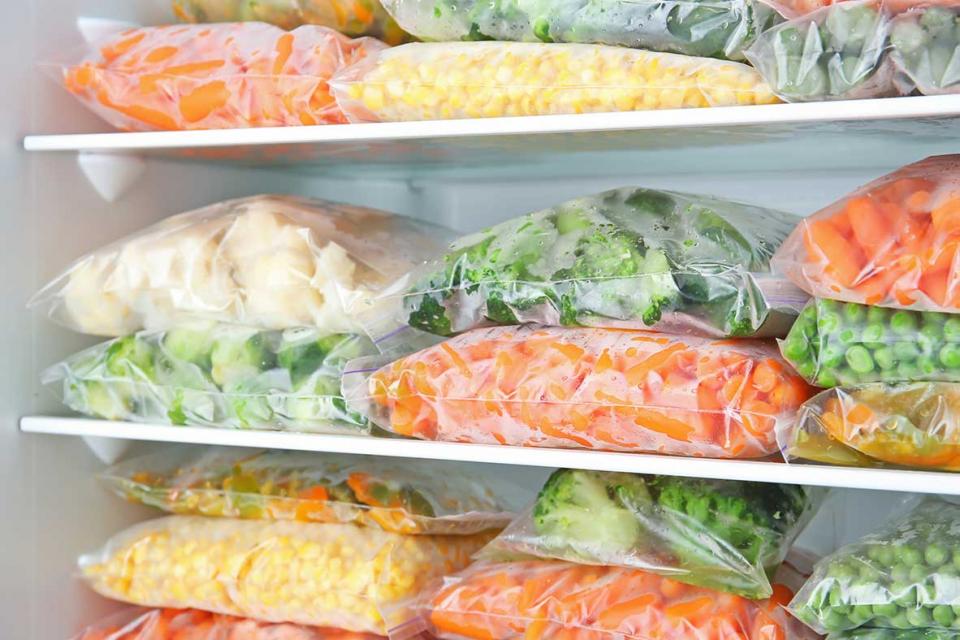
9 quick tips to help you win at meal planning
Eating a variety of home-cooked meals with your family can be made possible, even if your busy life gets in the way. Just a few quick moments of planning every week can save you the hassle of having to think about what you’re going to cook every time dinner approaches. Here are 9 simple tips to help you succeed.
-
1. Get the entire family involved in choosing meals for the week.

Ask family members to give ideas and pick their favourite meals to be included in meal planning. This will reduce repetition of meals, and it helps ensure everyone is eating meals they enjoy.
-
2. Make a shopping list to help you stay organized.

Plan your weekly menu and jot down the ingredients you’ll need on the list, so you make fewer trips to the grocery store. Make sure you include items you will need for breakfast, lunch, dinner, and snacks. You may still need to shop more than once a week for fresh foods like dairy products, fish, or meat.
-
3. Keep an eye out for deals at your local supermarket.

Watch for sales and discounts especially for non-perishable foods that you can stock up on and pull out of the pantry to make a variety of meals in a snap.
-
4. Plan for leftovers.

Save yourself time and energy by planning to eat leftovers a couple times a week. For example, save the leftovers from Sunday’s roast and use them in sandwiches the next day for lunch.
-
5. Buy seasonal, local produce when possible.

Be inspired by the variety of seasonal fruits and vegetables, and build your meals around these foods. Buying local, seasonal produce brings freshness and flavours to your menu, and also helps save money.
-
6. Use prepared ingredients in a pinch.

When you’re short on time, use prepared ingredients such as cut-up veggies, or pre-washed lettuce to speed up meal preparation.
-
7. Try and use what you already have in your pantry.

Open up your cupboard and take inventory of what you already have on hand. It’s amazing what you can whip together using some basic pantry staples like canned salmon or beans.
-
8. Use frozen vegetables and fruit when buying off-season.

When they aren’t in season, use frozen vegetables and fruit. They are just as nutritious as buying fresh. Plus, having frozen veggies on hand can save you a last-minute trip to the store (in the case that any of your vegetables went bad sooner than expected).
-
9. Don’t forget about drinks!

Make sure you include a variety of drinks in your menu planning such as water, milk, and herbal teas.







